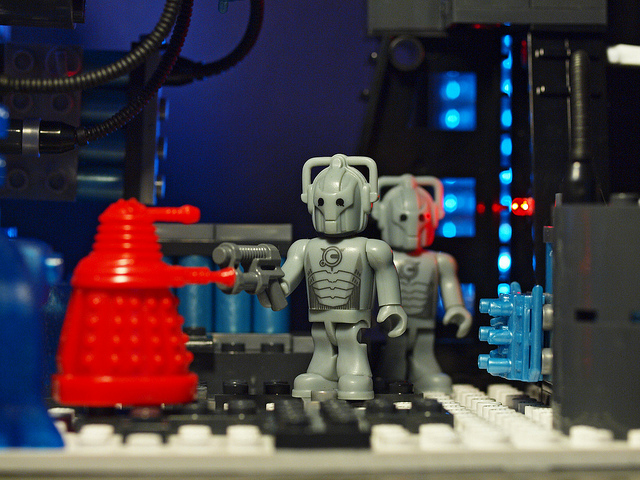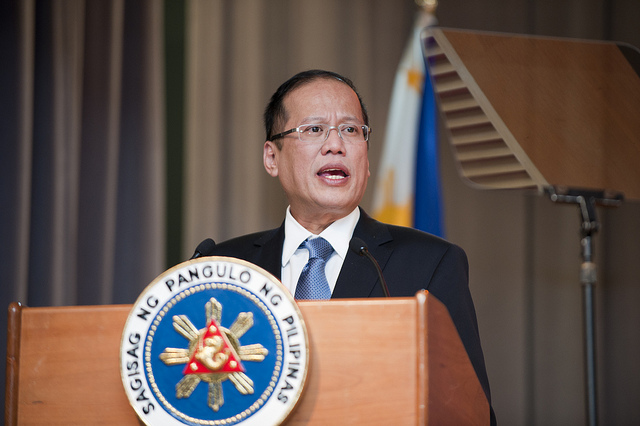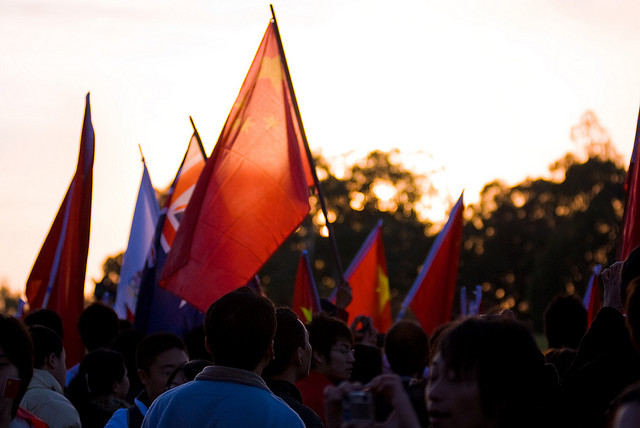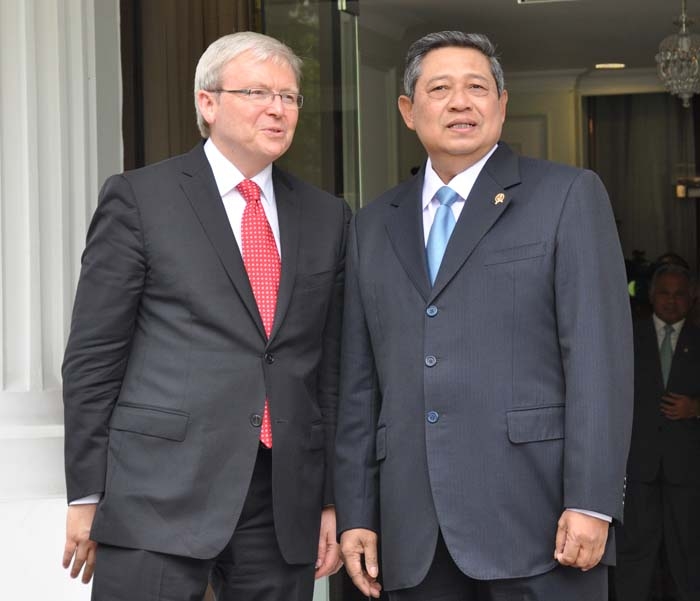ASPI suggests
Kevin Rudd has used his first trip as Prime Minister to the Australia–Indonesia Annual Leader’s meeting in Jakarta to launch the Australia the Asian Century Indonesia country strategy (PDF). Looking out to 2025, the strategy focuses on improving people-to-people linkages across community, business and government sectors via improving ‘Indonesian capabilities’ and other initiatives.
Sticking with the Indonesia theme, here’s the recording of last night’s special Q&A episode filmed in Jakarta. Hosted by the ABC, the Indonesian and Australian guests took questions from the audience on topics including asylum seeker policy, popular misconceptions and live cattle exports but touched on whether Indonesia might be a more powerful country in future right at the end of the program.
Next, has the US abandoned the pivot? Ely Ratner argues in Foreign Policy that Secretary Kerry has shown less interest in Asia than his predecessor and needs to rebalance his priorities to better reflect the strategic importance of Asia.
The United States will release its next Quadrennial Defense Review next year. This CSBA paper traces the development of the force structuring constructs that have characterised past QDRs and recommends a set of guiding principles that will allow the Pentagon to face ‘real world operational needs [despite] pressures on the defense budget’. (It’s not clear how many rabbits are in the hat…) If you don’t have time to read it, the Powerpoint briefing is here. Slides 25 and 26 are especially pertinent for students of Asia–Pacific strategy. The ‘legacy’ task of defeating major cross-border invasions is replaced with ‘conflicts over maritime areas’ on slide 25—and the map on slide 26 (below) shows a maritime area that extends from the Taiwan Strait to northern Australia.
ASPI’s Peter Jennings and Andrew Davies recently participated in the Lowy Institute’s Defence in Depth video series in which a number of Australian experts provide their analysis of key defence issues including the defence budget, strategic partners and ADF capability.
Events
Canberra: Dr Phillip A. Karber will present on ‘China’s military development: challenge for the Pacific region’, hosted by the Kokoda Foundation at the Australian Defence College, on Wednesday 10 July at 6pm.
Melbourne: Dr Bates Gill, CEO of the United States Studies Centre (University of Sydney), will be speaking about America’s capability to continue to be the leading player in the Asia Pacific, hosted by AIIA Victoria on Thursday 11 July at 6pm.









